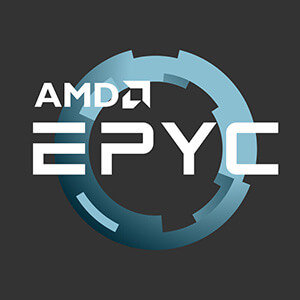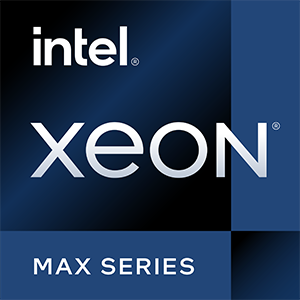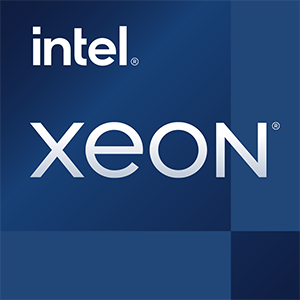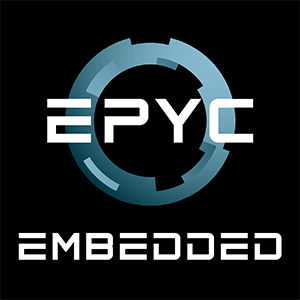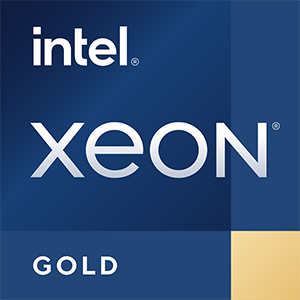AMD EPYC 7F72 vs Intel Xeon Max 9462
We compared two server CPUs: AMD EPYC 7F72 with 24 cores 3.2GHz and Intel Xeon Max 9462 with 32 cores 2.7GHz . You will find out which processor performs better in benchmark tests, key specifications, power consumption and more.
Main Differences
AMD EPYC 7F72 's Advantages
Higher base frequency (3.2GHz vs 2.7GHz)
Larger L3 cache size (192MB vs 75MB)
More modern manufacturing process (7nm vs 10nm)
Lower TDP (240W vs 350W)
Intel Xeon Max 9462 's Advantages
Released 2 years and 9 months late
Higher specification of memory (4800 vs 3200)
Newer PCIe version (5 vs 4)
Score
Benchmark
Geekbench 6 Single Core
AMD EPYC 7F72
1459
Intel Xeon Max 9462
+6%
1548
Geekbench 6 Multi Core
AMD EPYC 7F72
10782
Intel Xeon Max 9462
+21%
13062
General Parameters
Apr 2020
Release Date
Jan 2023
AMD
Manufacturer
Intel
Server
Type
Server
Rome
Core Architecture
Sapphire Rapids HBM
AMD Socket SP3
Socket
Intel Socket 4677
N/A
Integrated Graphics
N/A
EPYC (Zen 2 (Rome))
Generation
Xeon Max (Sapphire Rapids)
Package
3.8 billions
Transistor Count
-
7 nm
Manufacturing Process
10 nm
240 W
Power Consumption
350 W
-
Peak Operating Temperature
77 °C
TSMC
Foundry
Intel
74 mm²
Die Size
4x477 mm²
CPU Performance
3.2 GHz
Performance Core Base Frequency
2.7 GHz
3.7 GHz
Performance Core Turbo Frequency
3.5 GHz
24
Total Core Count
32
48
Total Thread Count
64
100 MHz
Bus Frequency
100 MHz
32.0
Multiplier
27.0
96 K per core
L1 Cache
80 K per core
512 K per core
L2 Cache
2 MB per core
192 MB shared
L3 Cache
75 MB
No
Unlocked Multiplier
No
2
SMP
2
-
AVX-512 FMA Ports
2
-
HBM
up to 64GB
Memory Parameters
DDR4-3200
Memory Types
DDR5-4800
8
Max Memory Channels
8
Yes
ECC Memory Support
Yes
Miscellaneous
4
PCIe Version
5
-
PCIe Lanes
80
